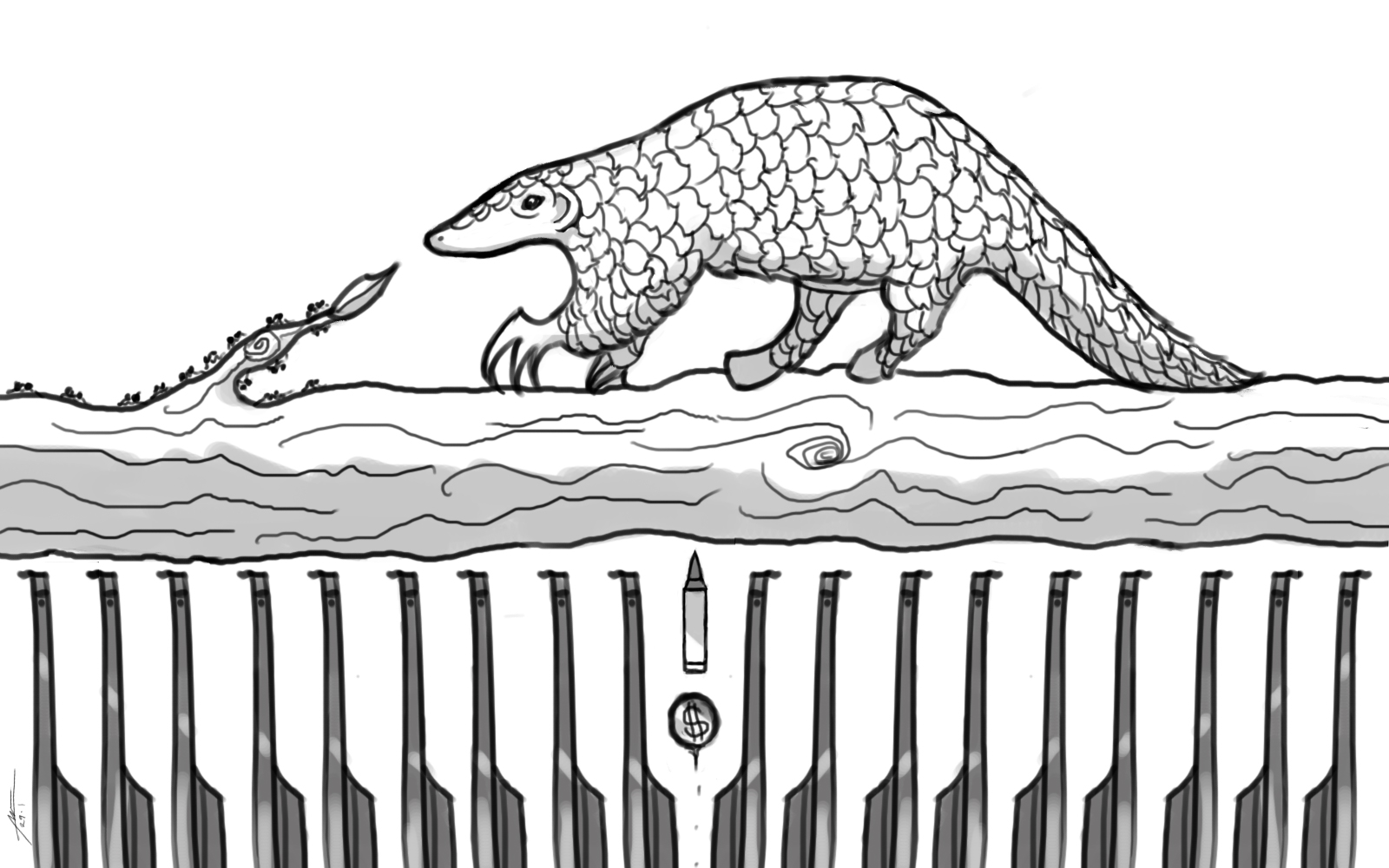I am writing this article not because I have firsthand experience of growing up in a rural African environment, but because I was privileged enough to be raised by individuals who grew up in a rural setting. I say privileged because despite my urban, modern, developed background, I have benefited tremendously from my parents’ rural upbringing and today thrive off of this diversified experience.
To set the scene for this article, I would like to begin by quoting a few words from Binyavanga Wainaina’s satirical piece on the subject of “How to write about Africa.”
“Among your characters you must always include The Starving African… She must look utterly helpless. She can have no past, no history; such diversions ruin the dramatic moment… She must never say anything about herself in the dialogue except to speak of her (unspeakable) suffering. Remember, any work you submit in which people look filthy and miserable will be referred to as the ‘real Africa’, and you want that on your dust jacket. Do not feel queasy about this,” writes Wainaina.
Oftentimes, writers tasked with the responsibility to write about Africa, fall into the “doom and gloom” trap of stereotyping Africa as a continent burdened by suffering and poverty. Although this may be in part true for some regions of every African country or precisely every country in the world, in this article my purpose is to give an alternative outlook on growing up in rural Southern Africa and how it is not just a background characterized by misfortune.
Oftentimes, writers tasked with the responsibility to write about Africa, fall into the “doom and gloom” trap of stereotyping Africa as a continent burdened by suffering and poverty.
Without further ado, here are my reasons why growing up in rural southern Africa in not such a disadvantage:
Growing up in a rural environment reduces the threat of contracting physical and mental health complications in adulthood
People in rural environments produce their own food which is often organic food and free of harmful additives. They typically have no access to junk food or genetically modified food products, which today are one of the leading causes of cancer. Although it is true that the percentage of children under 5, who have stunted growth remains high in Sub-Saharan Africa, particularly in rural areas, the global percentage of overweight children is increasing primarily in Eastern Europe and Central Asia, primarily in highly developed regions. Therefore, it may also be then argued that growing up in a developed city or region in Southern Africa or any country in the world is such a disadvantage because malnutrition is not solely a rural African problem defined by the absence food, but is also a global problem also defined by the over consumption of the wrong foods.
It takes a village to raise a child
In a rural setting everybody knows each other, therefore one has the benefit of having the whole community look out for them and not just their immediate family. This creates a safe environment and feeling of security. Villagers often only fear wild animals and not humans, therefore there is no need for some state of the art, advanced and costly security system. Furthermore, research suggests that there are higher crime rates in urban more developed cities than in rural areas
Education
Most highly qualified individuals and leaders in Sub-Saharan Africa have a rural background. Former South African president Nelson Mandela was born and raised in a village, so was former Mozambican president Samora Machel, and former Ghanaian president Kwame Nkrumah. Despite limited resources, rural education is often characterized by low student to teacher ratios which allow for a more interactive and personalized learning experience, which in turn encourages prevalence of student achievement.
It is also important to note that the advantage of growing up in rural Sub Saharan Africa is that education is not solely limited to the classroom environment or the conventional understanding of education, however, the entire community is a learning space. It may be argued that the advanced learning commons that are being integrated into world class learning institutions across the globe today, seek to emulate the multifaceted and all encompassing nature of rural education.
To conclude, I would like to emphasize that inasmuch as there is an assumed universal understanding of development, we cannot afford to employ western or urban modern yardsticks to measure African or rural prosperity, it is not a one-size-fits-all type of phenomenon. Yes, there are disadvantages of growing up in any rural environment just as there are disadvantages of growing up in any urban environment, but the existence of disadvantage does not suggest the absence of advantage. Therefore, the real “sad truth” is this: concluding that “growing up in rural South Africa is a disadvantage,” is incorrect.






